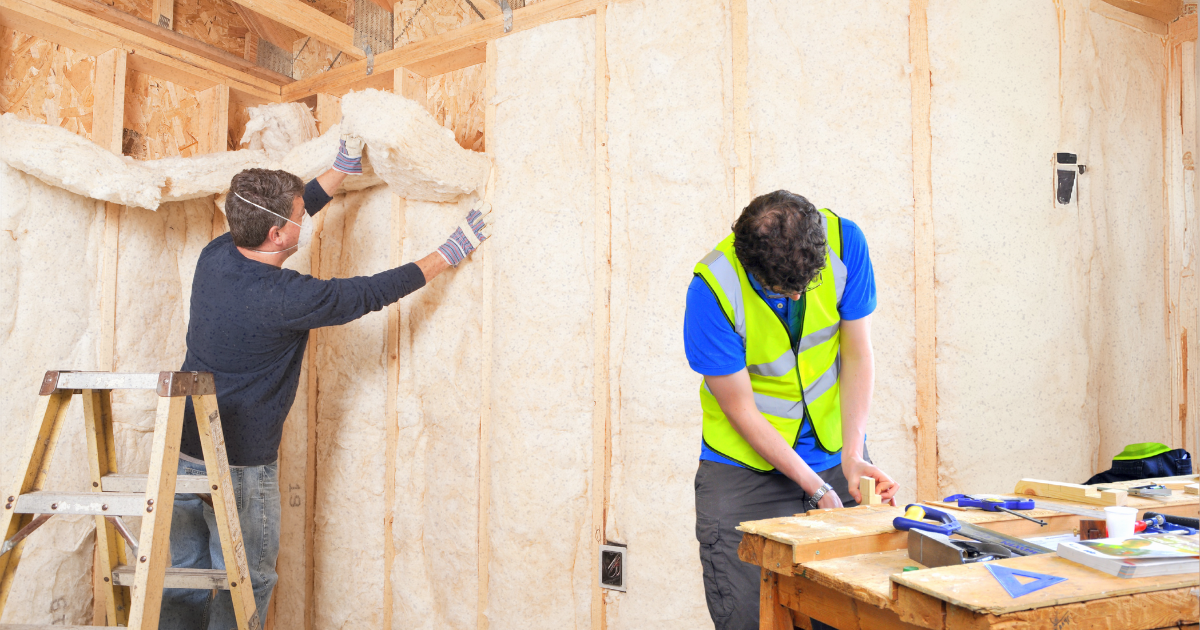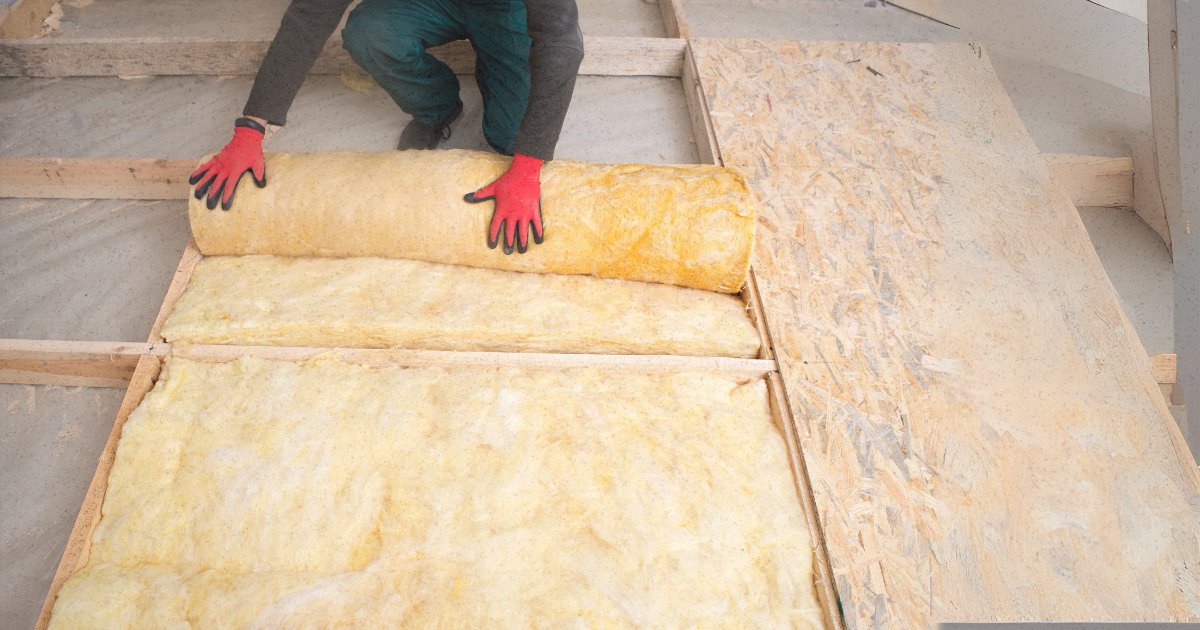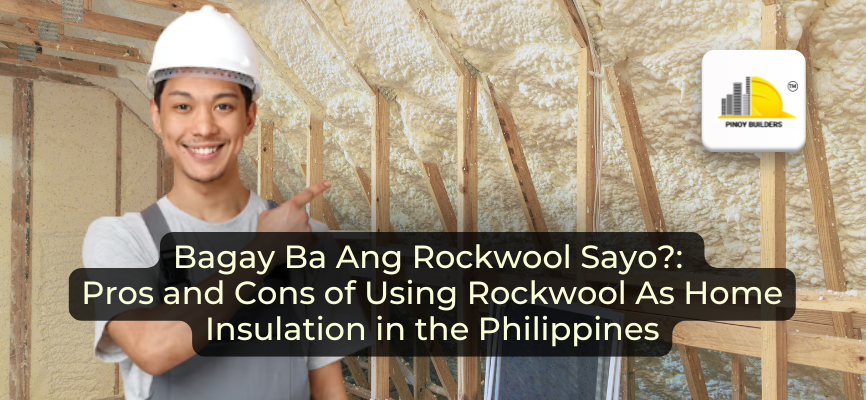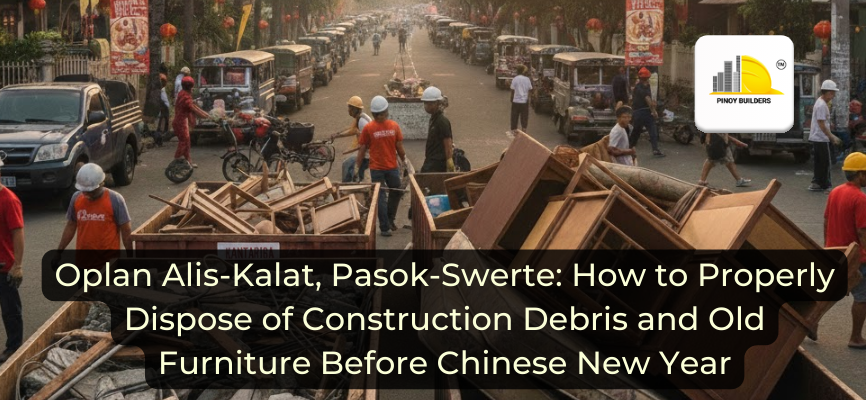Rockwool insulation is a go-to material for many homeowners because it’s tough, fire-resistant, and great at keeping indoor temperatures in check. Made from volcanic rock and basalt fibers, it helps keep your home cool, reduces noise, and even improves fire safety.
In the Philippines, where heat and humidity are part of daily life, having the right insulation can make a big difference. Rockwool is often recommended, but is it the best fit for your home? In this article, we’ll go over the pros and cons so you can decide for yourself.

What is Rockwool Insulation?
Rockwool (also called stone wool) is a type of insulation made from volcanic rock, such as basalt, melted at high temperatures and spun into fibers. It is used for thermal, acoustic, and fire-resistant insulation in buildings, industrial applications, and even hydroponics.
Many people think insulation is only for cold countries, but it’s just as important—if not more—in hot and humid places like the Philippines. Here’s why:
1. Keeps Your Home Cooler
Instead of letting heat seep in through your walls and roof, insulation acts as a barrier. It slows down heat transfer, keeping indoor temperatures lower and reducing the need for constant air conditioning.
2. It Saves You Money on Electricity
Air conditioners work overtime in tropical climates, leading to skyrocketing electricity bills. With proper insulation, your home stays cooler for longer, so your AC doesn’t have to work as hard, meaning lower energy costs.
3. Makes Your Home More Comfortable
Ever notice how some houses turn into ovens in the afternoon? Good insulation keeps indoor temperatures stable, so your home stays cooler during the day and comfortable at night.
Kassel PH offers FSK (Foil-Scrim-Kraft) Rockwool, which features a foil layer that acts as a radiant barrier. It reflects heat away while also providing moisture protection—perfect for humid climates. Check out their offerings here.
4. Reduces Noise and Improves Privacy
Good insulation, like Rockwool, doesn’t just block heat—it also absorbs sound. That’s a game-changer if you live in a busy neighborhood or near loud streets.
Kassel PH’s Rockwool Board is a rigid panel designed for walls, ceilings, and partitions. Available in different thicknesses and densities, it’s an excellent choice for both thermal insulation and soundproofing. It’s also fire-resistant, adding an extra layer of safety to your space. Check it out here.
5. Protects Your Home from Moisture and Mold
Tropical climates mean high humidity, which can lead to moisture buildup and mold growth inside walls. Insulation helps control such conditions by reducing condensation and keeping indoor spaces dry.
Bottom Line? Insulation is a Must.
In a hot country like the Philippines, insulation is a smart investment for comfort, energy savings, and even better health.
Pros and Cons of Using Rockwool for Home Insulation
| Pros | Cons | ||
| Thermal Insulation | It keeps indoor spaces cooler, reducing air conditioning costs. | Higher Cost | Although it is more expensive than alternatives like fiberglass, it offers long-term savings on energy and maintenance. |
| Fire Resistance | Non-combustible; withstands temperatures up to 650°C. | Installation Challenges | Can be itchy to handle; requires protective gear and proper installation. |
| Sound Absorption | Reduces noise pollution with dense fibers that absorb sound waves. Rockwool boards with Black Acoustic Velimat are ideal for soundproofing cinemas, conference rooms, and home studios. | Potential for Settling Over Time | Some loose-fill applications may compress, reducing effectiveness if not installed correctly. |
| Moisture Resistance | Repels water, prevents mold growth, and maintains indoor air quality. | ||
| Eco-Friendliness | Made from natural volcanic rock, recyclable, and long-lasting. | ||
Types of Rockwool Insulation
Choosing the right insulation depends on your specific needs and priorities. Here are the most common types of Rockwool insulation:
- Board – Rigid panels used for walls and ceilings. Boards are available in different thicknesses and densities for enhanced insulation.
- Blanket – Flexible insulation that covers larger areas.
- Sandwich Panel – Fireproof and durable, commonly used for walls and roofing systems.
Kassel PH offers a wide range of Rockwool products to suit different applications. Visit their website to explore your options here.
Is Rockwool Right for You?
Choosing the right insulation depends on your specific needs and priorities.
- Budget – If affordability is a key concern, consider comparing Rockwool with other insulation options.
- Climate – Ideal for hot and humid areas, especially where fire safety is a priority.
- Soundproofing Needs – Rockwool is one of the best materials for noise reduction.
- Durability – If you want a long-lasting solution that won’t degrade easily, Rockwool is a strong contender.
Should You Choose Rockwool?

Rockwool is a top-tier insulation material known for its fire resistance, thermal efficiency, and noise reduction capabilities. While it may come with a higher price tag and installation challenges, its long-term benefits often outweigh the costs.
If fire safety, energy efficiency, and soundproofing are priorities for your home, Rockwool is definitely worth your investment.
References:
U Value Insulation. “Everything You Need To Know About Rockwool Insulation.” U Value Insulation, https://www.uvalue.ie/knowledge-centre/blogs/everything-you-need-to-know-about-rockwool-insulation.
Wikipedia. “Mineral wool.” Wikipedia, https://en.wikipedia.org/wiki/Mineral_wool.










